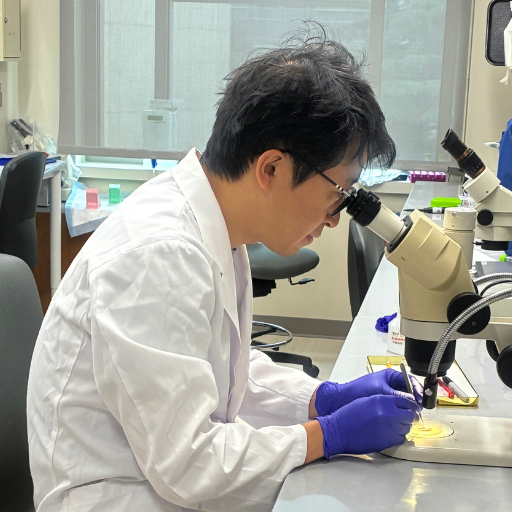Study of Complement and HLA Related AMD
About the Research Project
Program
Award Type
Standard
Award Amount
$100,000
Active Dates
April 01, 2007 - March 31, 2009
Grant ID
M2007110
Goals
This study will investigate the existence of new complement related genes that cause AMD and whether or not microbial infection could lead trigger AMD.
Summary
Age-related macular degeneration (AMD) is the most common cause of blindness in the Western world. As current treatments are extremely limited, improving understanding of this disease is vital to developing better treatments. Happily, progress is being made. Recent work on complement factor H (CFH) and our work on human leukocyte antigens (HLA) have highlighted the importance of inflammation in the development of AMD. Our proposed research will use modern molecular genetic techniques to test whether 1) other related complement genes also cause AMD, 2) there is a microbial trigger activating the complement cascade in AMD, and 3) investigate how HLA associations lead to AMD. If these experiments are successful, our understanding of the biology of complement and ‘HLA related age-related macular degeneration’ could be radically altered. This offers the best hope for tailoring current AMD management and developing novel treatments for this prevalent cause of blindness.
Related Grants
Macular Degeneration Research
How Aging of the Immune System Affects Age-Related Macular Degeneration
Active Dates
July 01, 2025 - June 30, 2028

Principal Investigator
Masayuki Hata, MD, PhD
Current Organization
Kyoto University
Macular Degeneration Research
Microglia’s Roles in AMD to Inform Therapies for Vision Loss Prevention
Active Dates
July 01, 2025 - June 30, 2027

Principal Investigator
Nobuhiko Shiraki, PhD
Current Organization
Duke University School of Medicine
Macular Degeneration Research
The Novel Role of an Intracellular Nuclear Receptor in AMD Pathogenesis
Active Dates
July 01, 2024 - June 30, 2026

Principal Investigator
Neetu Kushwah, PhD
Current Organization
Boston Children’s Hospital



